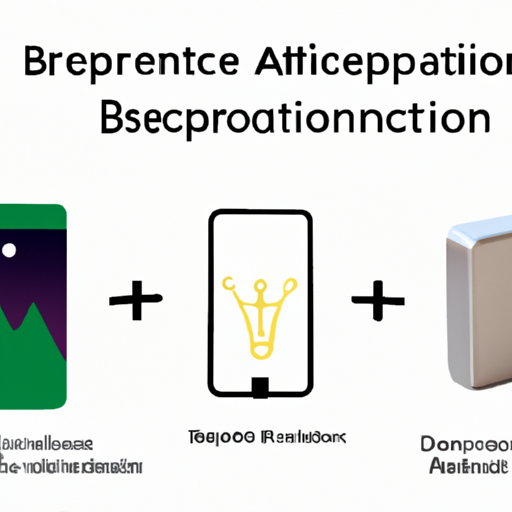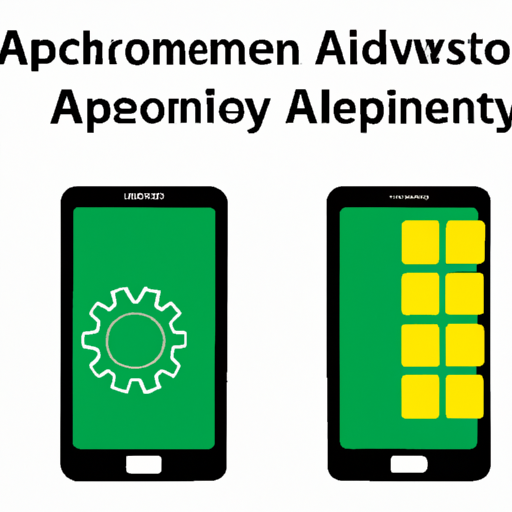Application Development in Non-Rechargeable (Primary) Batteries for BR-E3C3BCA: Key Technologies and Success Stories
When exploring the application development of non-rechargeable (primary) batteries, particularly the BR-E3C3BCA model, it is crucial to delve into the key technologies that underpin their functionality, the diverse applications they serve, and notable success stories that illustrate their impact.
Key Technologies
| 1. Chemistry | |
| 2. Battery Management Systems (BMS) | |
| 3. Miniaturization | |
| 4. Environmental Considerations | |
| 5. Smart Battery Technologies | |
| 1. Consumer Electronics | |
| 2. Medical Devices | |
| 3. IoT Devices | |
| 4. Toys and Games | |
| 5. Security Systems | |
| 1. Medical Device Innovation | |
| 2. Consumer Electronics | |
| 3. IoT Deployment | |
| 4. Toys |
Applications
Success Stories
Conclusion
The BR-E3C3BCA non-rechargeable battery exemplifies the advancements in battery technology that cater to a wide range of applications. Its reliability, long shelf life, and compact design make it suitable for various sectors, from consumer electronics to medical devices. As technology continues to evolve, the development of primary batteries will likely focus on sustainability and integration with smart technologies, ensuring they remain relevant in an increasingly connected world. The success stories highlight the versatility and effectiveness of the BR-E3C3BCA, showcasing its potential to drive innovation across multiple industries.













